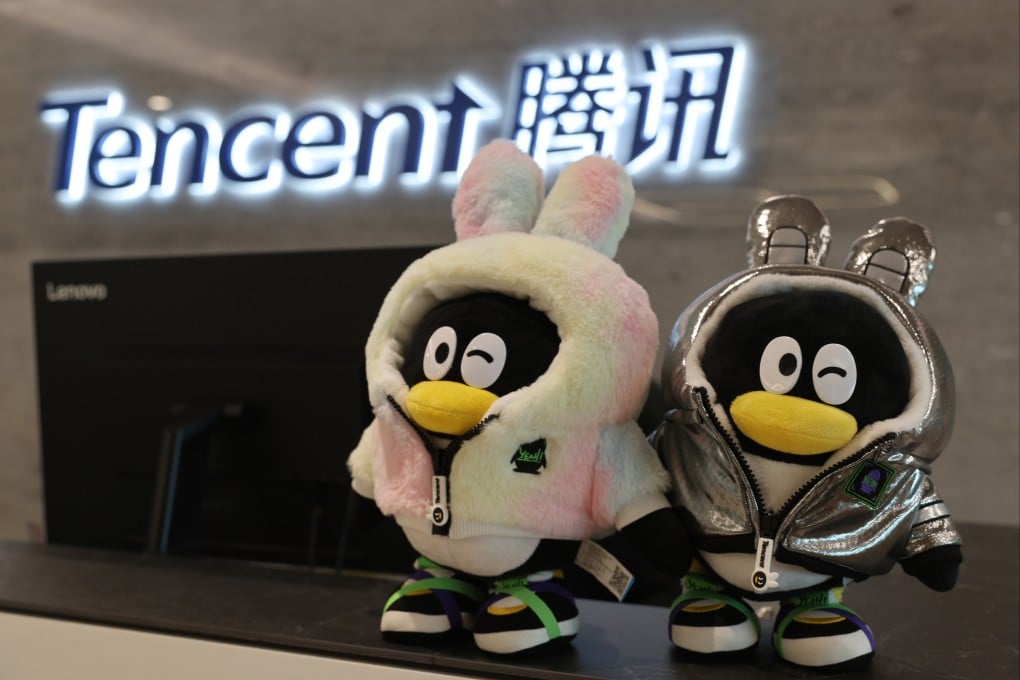Tencent posts 11 per cent increase in second-quarter revenue on advertising recovery, eyes more growth
- Total quarterly revenue for the Hong Kong-listed internet giant reached 149.2 billion yuan, up from 134 billion yuan a year ago
- Tencent has been looking for new growth opportunities, including joining the stampede to launch ChatGPT-like products

Tencent Holdings, operator of China’s biggest social media app and the world’s largest gaming business by revenue, reported an 11 per cent increase in revenue for the second quarter of 2023, missing expectations as it looks to find new growth engines amid domestic economic uncertainties.
Total quarterly revenue for the Hong Kong-listed internet giant reached 149.2 billion yuan (US$20.5 billion), up from 134 billion yuan a year ago. That was worse than the consensus estimate of 152 billion yuan of analysts polled by Bloomberg.
Tencent posted a profit of 26.2 billion yuan for the three months ended June 30, up 41 per cent from the same period a year ago, missing the Bloomberg consensus estimate of 32.3 billion yuan.
“During the second quarter of 2023, we sustained a solid revenue growth rate, along with a gravitation towards high-quality revenue streams with better margins,” said Pony Ma Huateng, co-founder and chief executive of Tencent.
“We will continue to drive innovation, including through generative AI, where we are providing a library of models to our partners via our Tencent Cloud Model-as-a-Service (MaaS) offering, as well as refining our proprietary foundation model.”
Tencent had 104,503 employees at the end of June, down from 106,221 at the end of the first quarter. The company’s shares closed 1.1 per cent lower at HK$328.8 in Hong Kong on Wednesday ahead of the earnings announcement.
Beijing’s scrutiny of the increasingly powerful tech sector over the past few years has hit Tencent hard, forcing the company to cut jobs and investments, even though Beijing recently vowed to support the platform economy. Tencent is looking for new growth opportunities, including joining the heated competition among Chinese tech giants to launch ChatGPT-like products.
